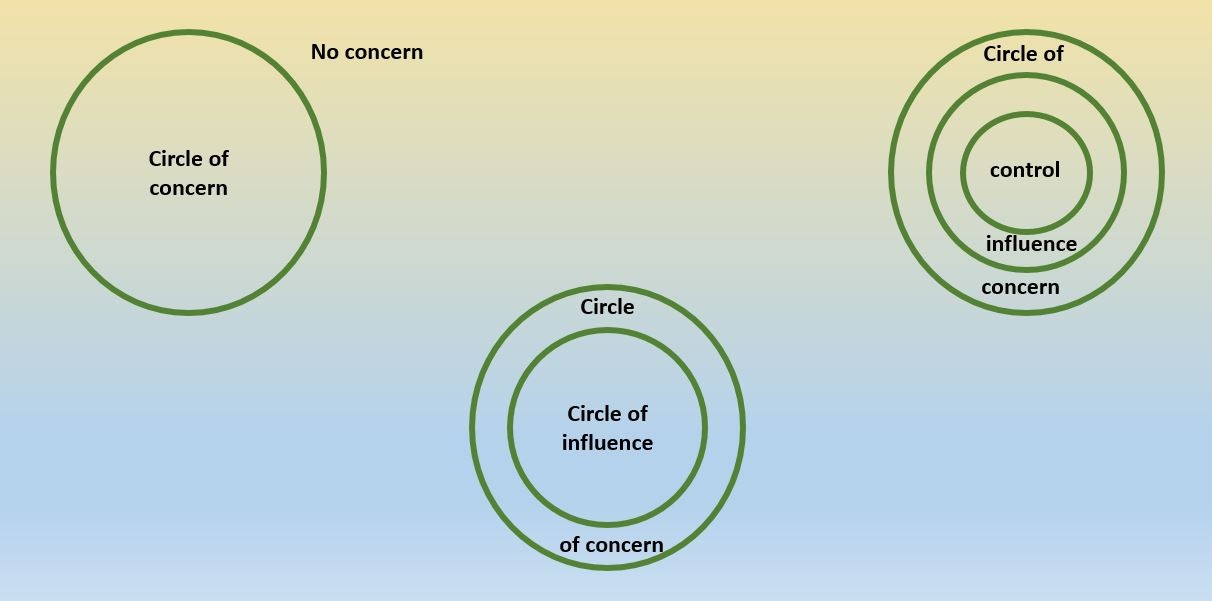Learn about the benefits of constructing a multi-year internship from a MLIS student's perspective.

Note to self: Schedule time for self-care
We schedule a lot to do or are scheduled to do a lot. One thing that may be missing from our agendas is self-care. I didn’t realize until I attended a presentation how important it is to schedule time for myself. By setting this example for the people at work and at home, we can show that there are enough hours in the day to breathe and enough hours in the week to think, reflect, play and rest.
Last month, I decided to attend a self-care workshop held in my area. I was one of a group of mostly career library workers who attended the session, which was led by a local community support worker. We were introduced to a basic formula that really resonated with me:
(Self-awareness + Boundaries) – Judgement = Empathy
So how were each of these “variables” defined?
Self-awareness: In the busyness of our schedules, are we aware of what is taking up more time than it needs to and what is taking more of us than it needs to?
Boundaries: Setting boundaries, easier said than done. I always say to myself, “Not my monkeys, not my circus” when feeling stressed. Professionally, that phrase translates to Covey’s Circle of concern and circle of influence. The circles from this concept are figurative boundaries that we can make literal.

Judgement: Avoiding judgement, also easier said than done. The workshop presenter recognized that all of us who attended the session are where we are in our lives because we are passionate about helping others and our communities. He encouraged us to remember that judging those we are helping creates an unhealthy filter for all involved.
Empathy: It is not always easy to differentiate empathy and sympathy. Sympathy takes from us and does not help. Empathy, and the understanding it creates, supports us to do our work.
And, of course, there is an opposite formula:
Running on empty + Sponge + Judgement = Burnout
So let’s unpack these terms as well.
Running on empty: Not making time to take care of yourself mentally, physically, spiritually, socially, professionally. Not asking for help. Not sharing concerns or ideas and allowing them to fester to frustration, anger and resentment. This can also lead to disengagement.
Sponge: This means thinking you are the ringmaster of the circus and taking the monkey/burden from others and making it your own. Sometimes, even blaming yourself.
Judgement: Instead of facilitating opportunities for others to explore avenues for success and support, we can judge them for lifestyle, management, professional or personal choices.

Library social media channels display the difference between empathy and burnout every day. Venting is somewhere in between. Venting can be an occasional healthy release and part of a healthy self-care plan. Depending on your mindset, self-care can seem selfish or non-negotiable. Everyone is busy, so how can someone balance work, family, life and self-care? How did we get this far without a balance, and why do we need it now?!?
The idea of self-care isn’t new; it’s just becoming a bigger part of the conversation as we fill our schedules with extended business hours, precarious work, budget challenges and other realities of life. Self-care is unique to each individual. Self-awareness and setting boundaries look different for each of us and can also look different in different environments.
Where to start
- Googling “self-care” results in many book and article suggestions.
- Think about what makes you happy and do it.
- Once you have some ideas, look at your schedule and see where you can fit in time. Create a plan and do your best to stick with it, the same way many of us stick to regular meetings, deadlines and routines in life.
During the workshop I attended, the community support worker shared a sample schedule, which included time for breathing, as well as contact information for personal and professional supports. To me, the schedule looked like a vision board of self-care. Because I have successfully used vision boards over the last 25 years, creating a visual of self-care, in a simple Google Docs file (easily updated and accessed), provided the reference I’d needed to prioritize self-care regularly.
When schedules need to change, it is important to intentionally reschedule self-care time; don’t skip it once the habit has seen set. After the presentation, I felt incredibly empowered. The reminder to take my pulse regularly was the professional checkup I needed. How do you practise self-care?
Lisa Radha Weaver, Director, Collections and Program Development, works at the Hamilton Public Library. Lisa can be contacted at lweaver [at] hpl.ca.
Photo by Sophie Dale on Unsplash
Feature photo by Alisa Anton on Unsplash


